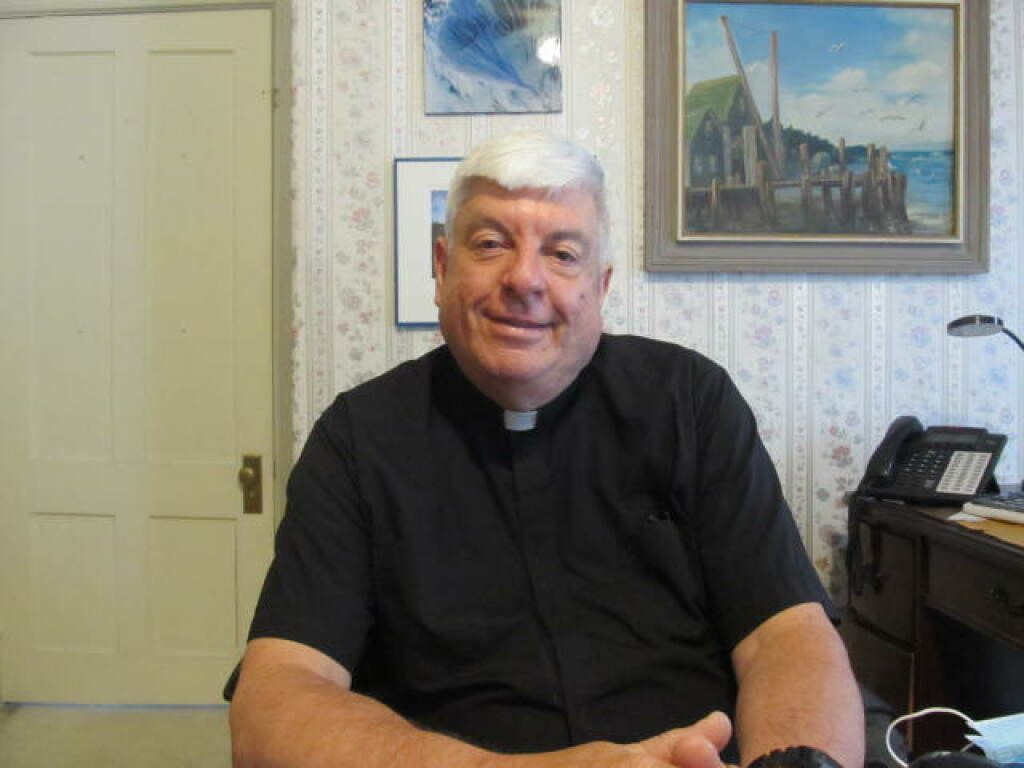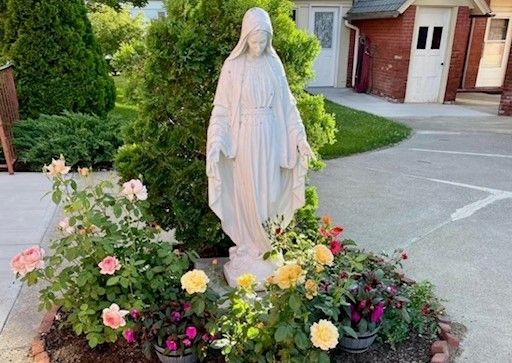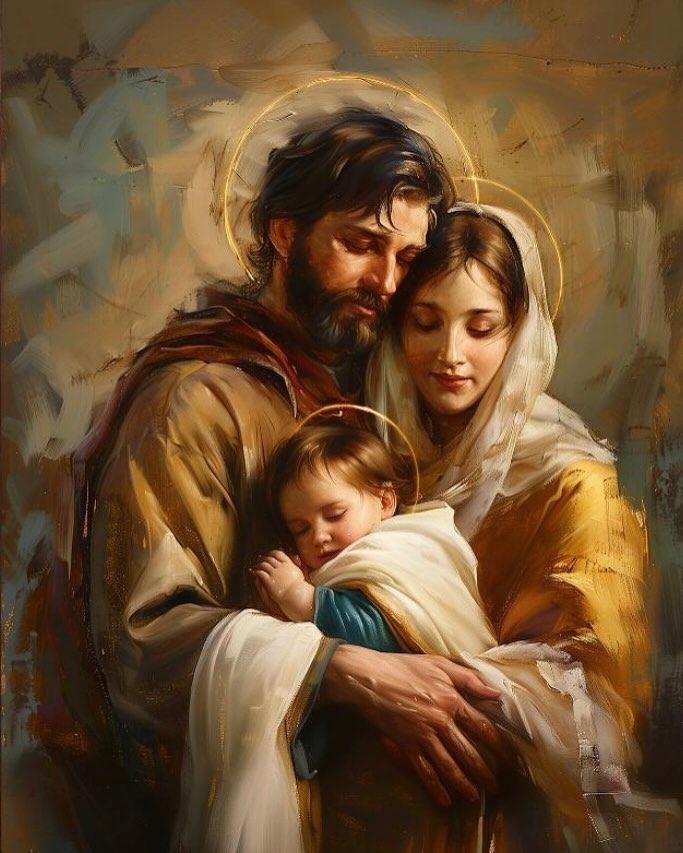 A Kingdom revealed in a manger
A Kingdom revealed in a manger
Did you have a chance to watch any of the proceedings in the House of Representatives this week? If you didn’t happen to catch it, there was a lot of confusion and great difficulty to elect the Speaker of the House. One of the things that disturbed me was that it seemed, for some, to be more about their power than about policy or the needs of the people they serve. With that as an introduction, let’s take a look at today’s Scripture.
In today’s Gospel reading we hear the story of kings, various kings. The three kings, popularized in the song “We Three Kings,” actually were not really kings. They are called Magi, who were court officials in Persia, and they are also astrologers, those who see important events forecasted by the movement and the position of the stars and planets. Because they have seen a new star at its rising, they are convinced that a new king is being born.
The person who is a real king in our story is Herod. He talks a good talk, seeming to be pious: Let me know when you find what you’re looking for, that I may go and worship him, too. But for Herod, kingship is all about power. Not wanting to have anyone threaten his position in the future, he heartlessly and cruelly orders that all boys, aged two and under in the Bethlehem area, be killed. It’s all about pure, raw power.
In our own time we see the preoccupation with power, at least by some, in Washington, and we are hearing about the cruelty unleashed upon the citizens of Ukraine by Vladimir Putin—heartless, pure, raw power. Putin appears to be a lot like King Herod.
The Magi, much to their credit, see what Herod is really up to, and they will have no part in it. Rather than going back to Herod, they decide to leave the area, without returning, by another route.
But let us not forget that there is another king in this story: the one the Magi came to worship: Jesus. One day, Jesus will proclaim a Kingdom, but a kingdom that is very different from the one embodied by Herod. It will not be about power or conquest or privilege. The baby in the manger depicts a King, a Son of God, who empties himself, and who has come not to be served but to serve. Among the prayers for the feast of Christ the King, we find the following description of the Kingdom that Jesus inaugurates: it is “an eternal and universal kingdom, a kingdom of truth and life, a kingdom of holiness and grace, a kingdom of justice, love and peace.”
Today’s Feast is called “Epiphany”—a word taken from the Greek which has to do with an act of revealing, or manifesting. Today, the manger scene is brought to completion. The Jewish shepherds are already there. But now, representatives of all the nations of the world are arriving, so as to celebrate that Jesus is the Savior, not just of a single nation, but of the entire world: an eternal and universal kingdom.
This is the King we proclaim, the King we worship—not like those who exercise with cruel might, like Herod or Putin or those who claw and grasp for power in Washington. And because Jesus is our King, we necessarily live by other values. We are committed to, and we dedicate our lives in service of, the Kingdom Jesus announced: “an eternal and universal kingdom, a kingdom of truth and life, a kingdom of holiness and grace, a kingdom of justice, love and peace.” This is God’s dream, and our hope, our prayer for the people of Ukraine and other nations in the grip of power plays, and for the people of our nation, as well. We want elected officials to serve the common good, to preserve human dignity, and to protect those who are weak. We serve a kingdom revealed in a manger, not in a palace. The three wise men, central to the story today, teach us where true wisdom is to be found.




